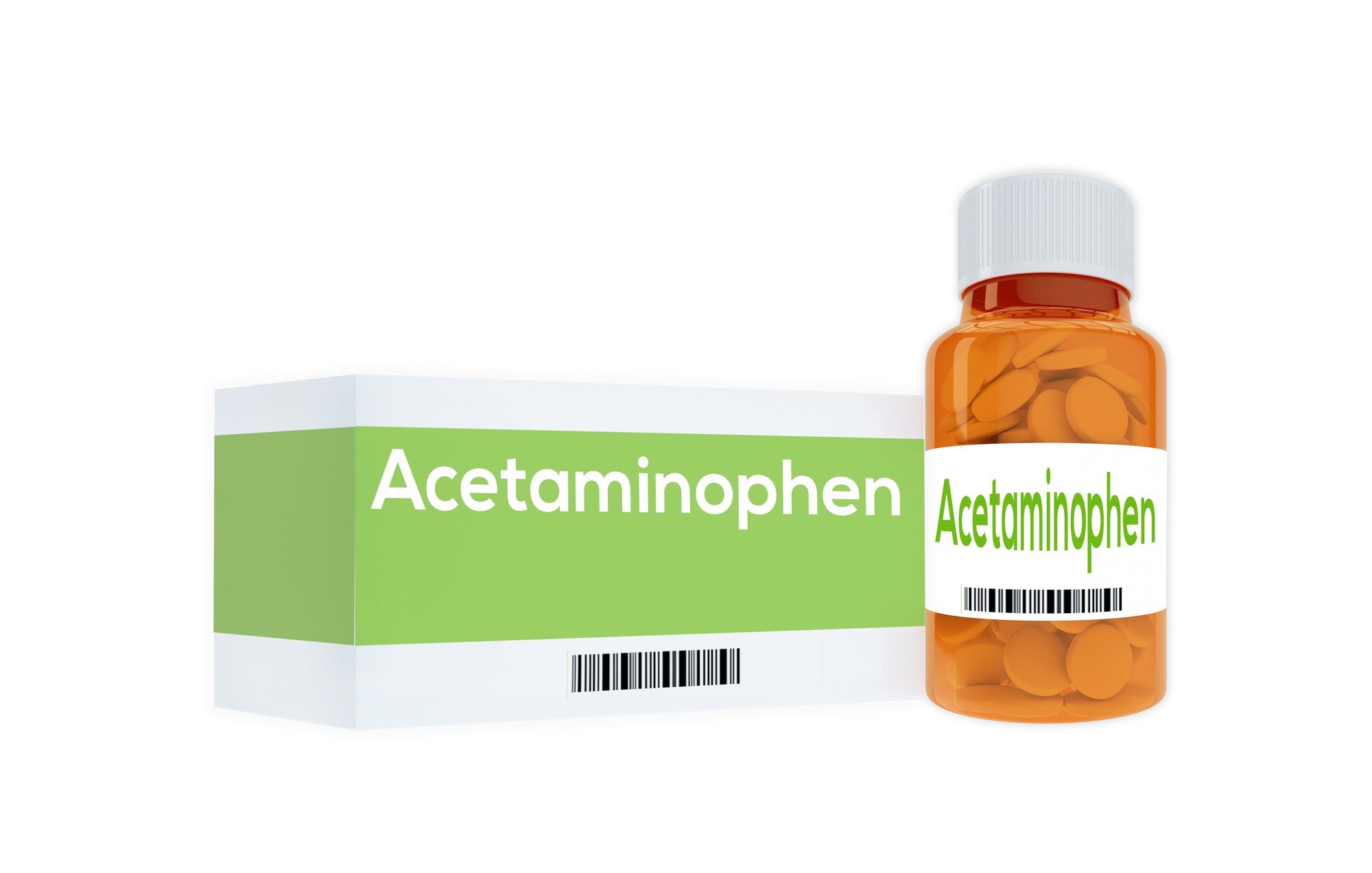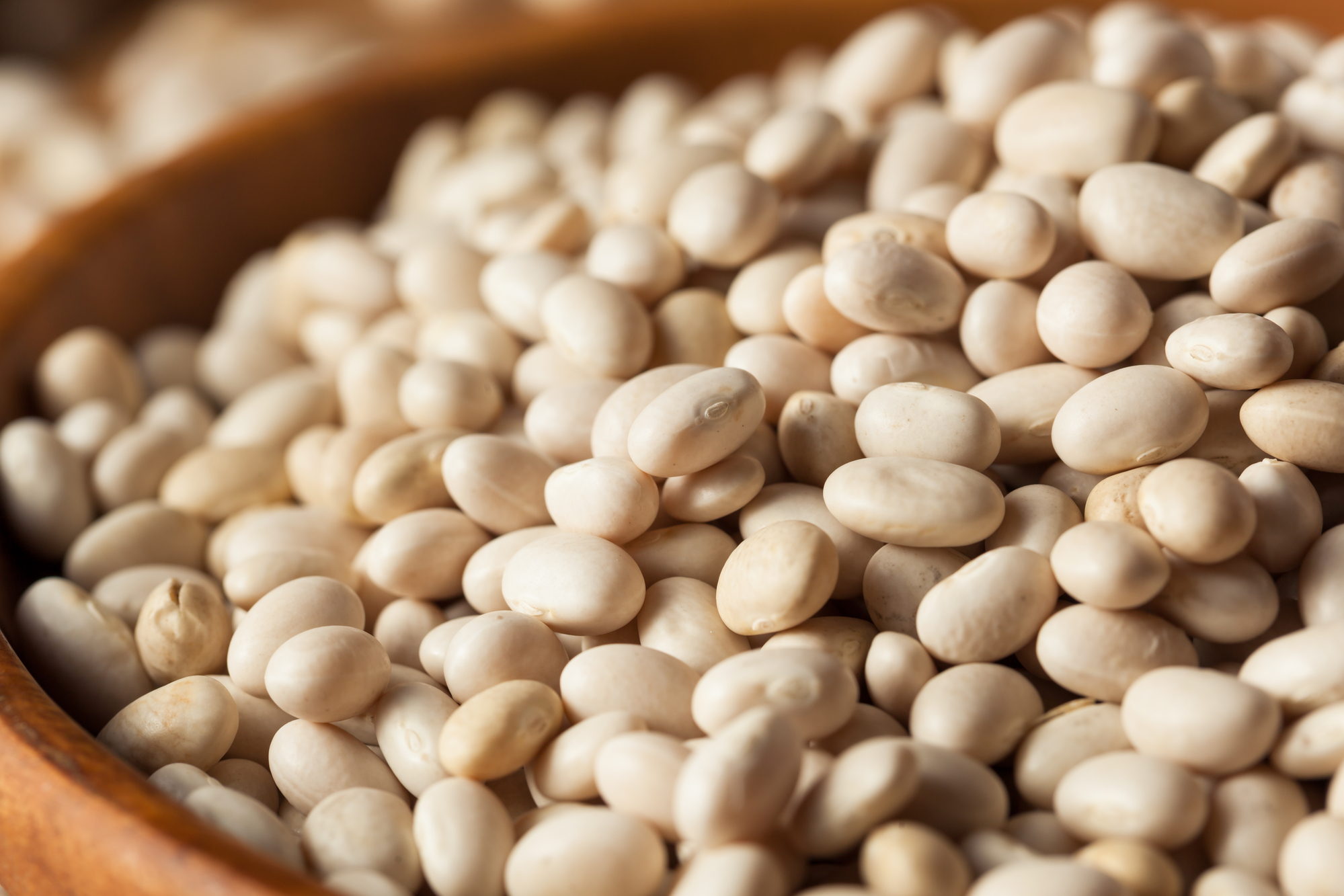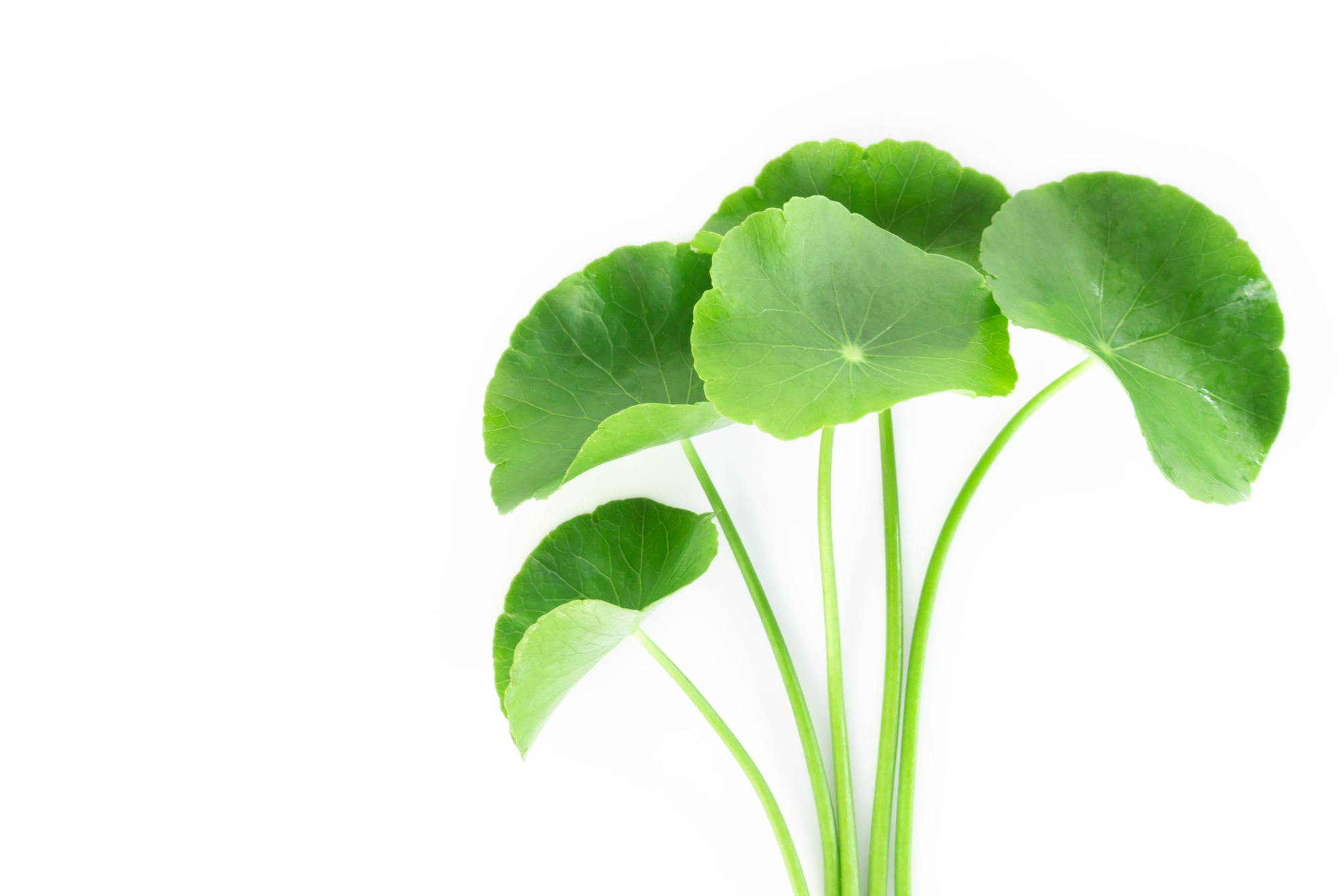Plant-Based Omega-3 Shows Significant Heart-Health Benefits
The health benefits of the omega-3 fatty acids EPA (eicosapentaenoic acid) and DHA (docosahexaenoic acid) derived from cold-water fatty fish and krill have been well documented. Research has shown that they can ease symptoms of arthritis, improve cardiovascular outcomes, and may help reduce risk of Alzheimer’s disease and dementia. ClinicalRead











